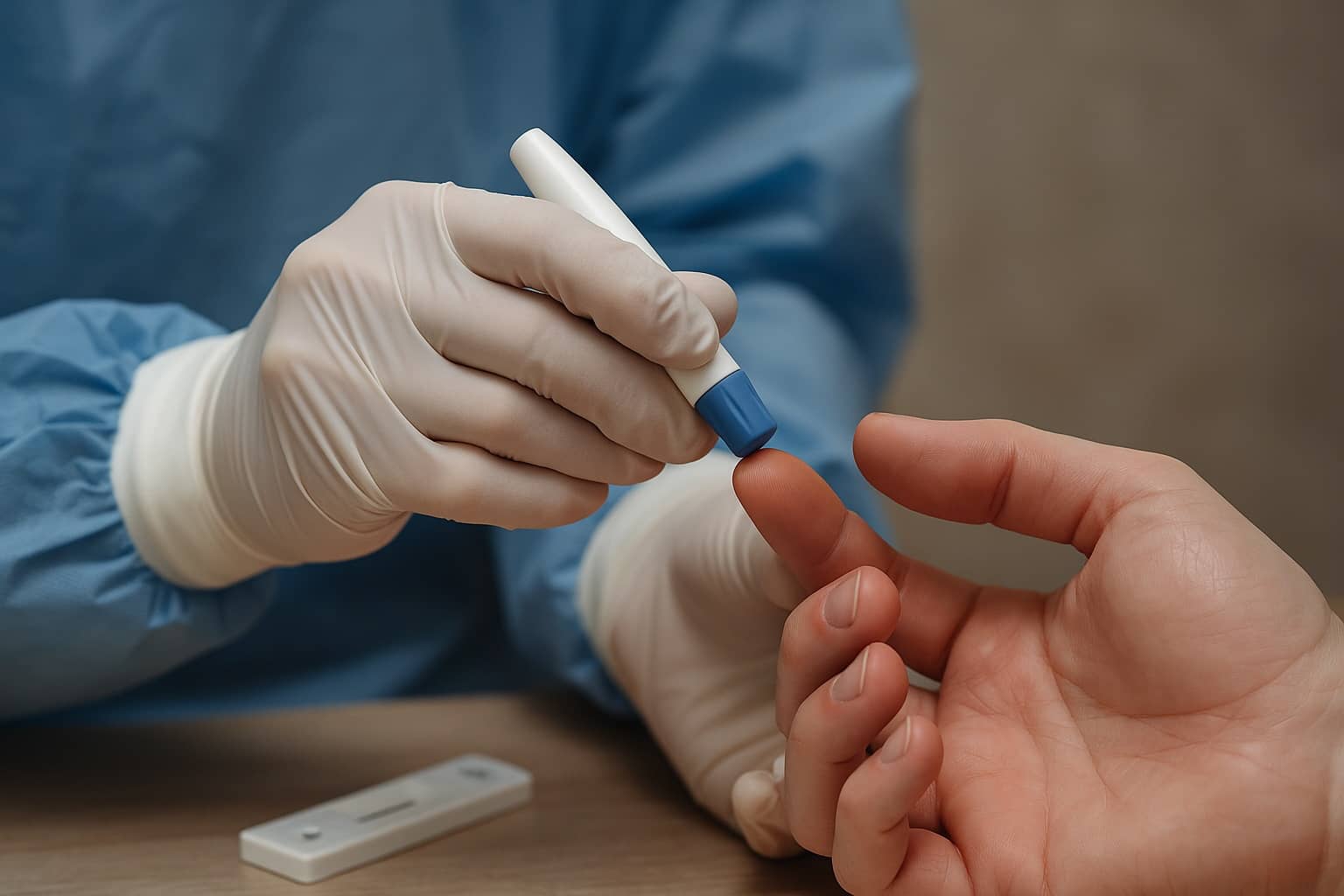In May 2025, the Communicable Diseases Agency (CDA) released its annual report detailing the HIV/AIDS landscape in Singapore for the year 2024. The report highlights a continued downward trend in new HIV infections, reflecting the effectiveness of ongoing public health initiatives and community engagement.
Key Statistics for 2024
- New HIV Cases: 151 new HIV infections were reported among Singapore Citizens and Permanent Residents in 2024.
- Total Living with HIV: As of end-2024, there were 7,137 Singapore residents known to be living with HIV.
- Trend Analysis: The annual number of new HIV cases has been gradually decreasing. Between 2009 and 2019, Singapore recorded 300 to 500 new infections annually. This dropped to between 200 and 250 cases from 2020 to 2023, before reaching 151 in 2024.
Demographics and Transmission Modes
- Gender Distribution: While the 2024 report does not specify gender breakdowns, past data consistently shows a higher prevalence among men.
- Age Groups: Age distribution was not specified in the current update.
- Primary Transmission Mode: Sexual intercourse remains the leading cause of HIV transmission in Singapore.
Detection and Diagnosis
- Late-Stage Detection: A notable proportion of the new cases in 2024 were detected at a late stage. This trend underscores the persistent need for timely HIV testing.
- Testing Methods: The report emphasizes the role of both routine programmatic screening and self-initiated testing in identifying cases earlier.
Public Health Initiatives
- HIV Self-Testing Kits: Since January 2025, self-testing kits have been made available at selected retail pharmacies across the country and through Action for AIDS (AfA). This move aims to reduce barriers to testing and reach individuals who may not access traditional healthcare services.
- Community Engagement: Local advocacy and support groups continue to be crucial in encouraging testing, offering counselling, and fighting HIV-related stigma.
Recommendations
- Get Tested Regularly: Individuals, especially those with higher exposure risks, are encouraged to test routinely. Early detection helps prevent progression and further transmission.
- Use Protection: Consistent condom use remains a cornerstone of HIV prevention.
- Seek Early Treatment: Antiretroviral therapy (ART) significantly improves health outcomes and reduces the likelihood of transmitting HIV.
What This Means Moving Forward
Singapore’s HIV response is showing tangible progress. The sharp drop in new cases to 151 in 2024 signals a step in the right direction. However, the challenge of late-stage diagnosis remains. Sustained efforts in education, expanded access to self-testing, and continued community involvement are essential to keep the momentum.
For more details, view the full report: CDA HIV/AIDS Situation Update (2024).

